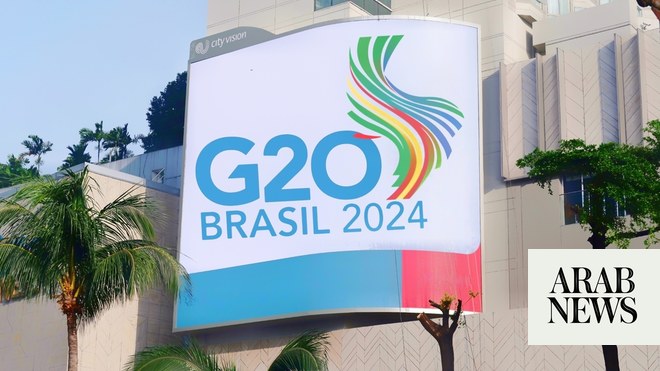RIYADH: The office market in Riyadh continued its strong performance in the second quarter of 2024, thanks to government investment incentives that attracted international companies to set up regional headquarters.
More than 120 international companies moved their regional headquarters to the kingdom's capital in the first quarter of this year, an increase of 477 percent compared to the same period in 2023, according to the latest Saudi Arabia business market report by Savills.
The moves come after the Saudi government offered a range of benefits to companies setting up Middle East bases in Riyadh, including a 30-year exemption from corporate income tax, head office activity tax deductions, as well as discounts and services. Support, announced.
Ramzi Darwish, head of Saudi Arabia at Savills Middle East, said: “The kingdom's continued efforts to diversify its revenue streams and create an attractive business environment have been successful, as evidenced by the high volume of international inquiries.”
He added: Only in the second quarter of 2024, nearly 70% of the inquiries received by Savills were from outside Saudi Arabia, of which a significant part of 50% was specifically from American and British companies.
This growth in leasing activity was driven by sectors such as technology, media and telecommunications, consulting and engineering, manufacturing and information technology, with 50% of transactions involving new entrants, indicating the market's willingness to expand.
The UK estate agency noted that this trend is expected to continue, supported by a strong pipeline of inquiries for the remainder of the year.
The report also noted that increased leasing activity in the capital led to rental prices in the north and northeast of Riyadh rising by 23 percent and 20 percent per year, respectively.
This increase in prices is in addition to foreign direct investment in the city, which increased by 5.6 percent in the first quarter of 2024 compared to the same period last year.
“Limited office space in Riyadh, coupled with strong business confidence, has increased Grade A occupancy to 98% and rents are steadily rising, up 3% quarter-on-quarter in the second quarter and up 13% There has been a significant increase in the year. Amjad Saif, Head of Transaction Services at Savills in KSA said: In the year.
Savills noted that the city's expanding market and promising economic outlook are attracting leading businesses from various industries, strengthening Riyadh's role as a vital hub for regional and global trade.
It also noted that prominent companies such as PayerMax and Ernst & Young have established their regional headquarters in the Kingdom.
Other notable companies include Northern Trust, Bechtel, and PepsiCo, as well as IHG Hotels & Resorts, PwC, and Deloitte.
Riyadh office market
The U.K.-based firm noted that limited office space in Riyadh delivered a Grade A occupancy rate of 98 percent by the end of the second quarter, as these facilities command higher rents due to their location, modern infrastructure and newer construction.
This trend reflects the booming office market in the Saudi capital. However, backed by strong demand, a significant increase in the supply of Grade A office space is expected by the end of 2025. Savills added in the report.
This analysis indicates significant leasing activity in the second quarter of this year, which is led by engineering and manufacturing companies, followed by legal services and pharmaceutical companies.
According to Savills, around 60% of leasing inquiries are focused on office spaces under 1,000 square meters, reflecting the growing desire for agile and efficient work environments.
Non-oil sector
Savills noted that Saudi Arabia's non-oil sector emerged as a key economic driver, growing 3.4% year-on-year in the first quarter of 2024.
The company noted that Saudi Arabia's average inflation rate of 1.6 percent in May is a positive indicator for the non-oil business environment.
Citing data from S&P Global and Riyad Bank, Savills added that the expansionary PMI remained steady at 56.4 in May, above the neutral threshold of 50 for the 45th consecutive month, indicating growth in the kingdom's private sector.
The latest S&P Global report on July 3 showed that the PMI stabilized at 55 due to increased demand, higher production levels and increased employment.
In that report, Riyadh Bank Chief Economist Naif Al-Ghaith observed that growth figures for the second quarter show a positive outlook for Saudi Arabia's non-oil GDP, with growth expected to exceed 3 percent.
He pointed out: The strong performance of non-oil sectors during the quarter has continued to cause economic growth and diversification efforts in the country.
In another report published earlier this month, Savills noted that Riyadh is expected to be among the top 15 fastest growing cities by 2033, driven by a 26 percent increase in population and government infrastructure spending.
The analysis found that Riyadh is the only non-Asian city on the list whose growth is attributed to a population increase from 5.9 million to 9.2 million over the next decade.
In May, S&P Global also indicated that the creation of free economic zones and the regional headquarters program could further boost FDI flows to the kingdom.
